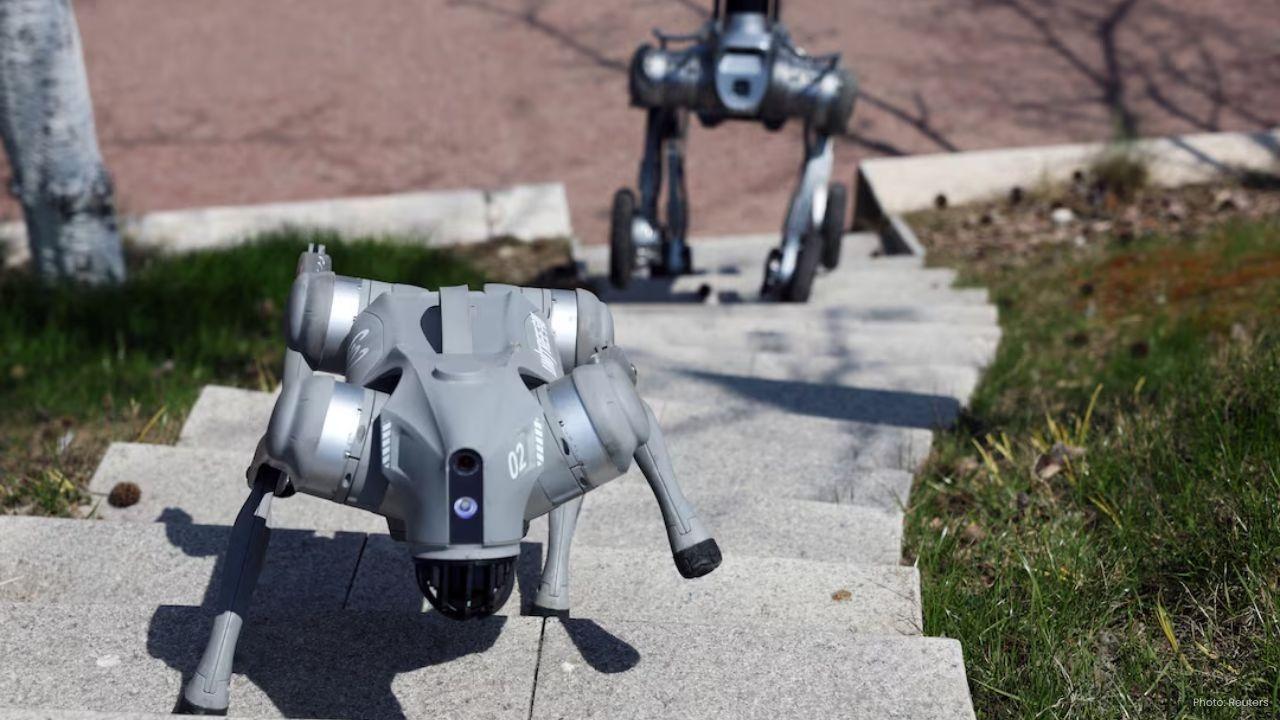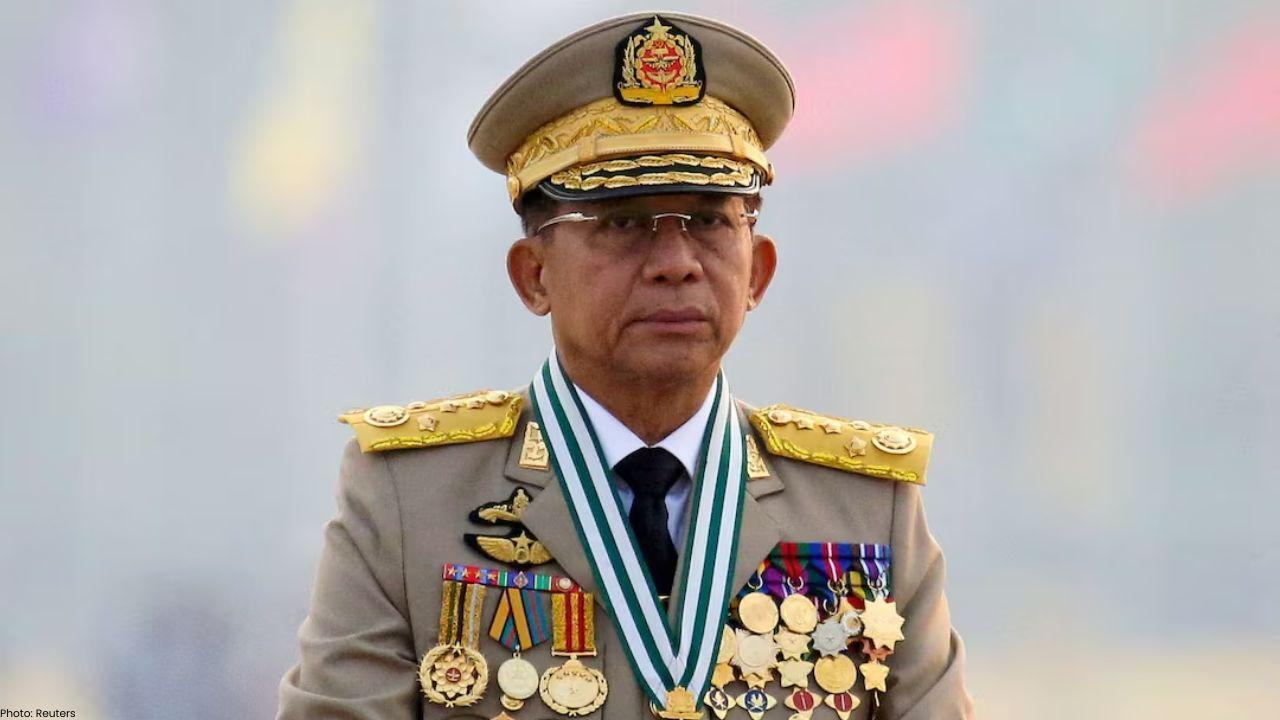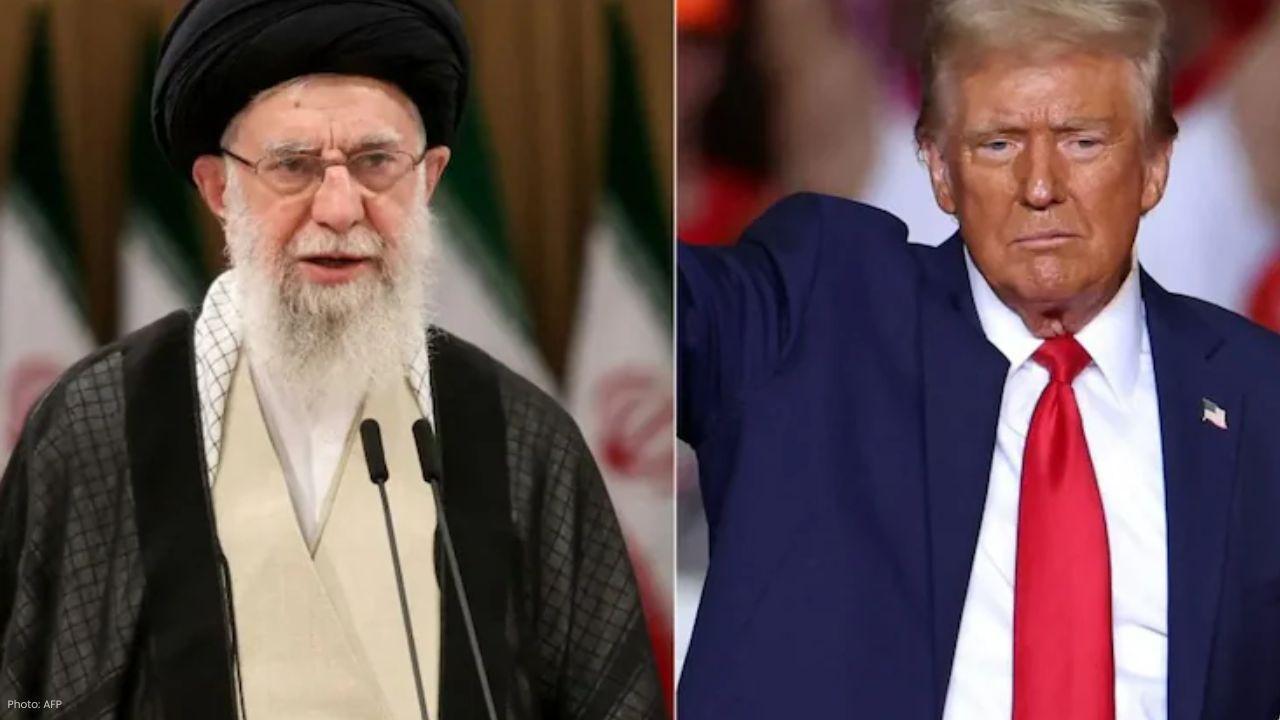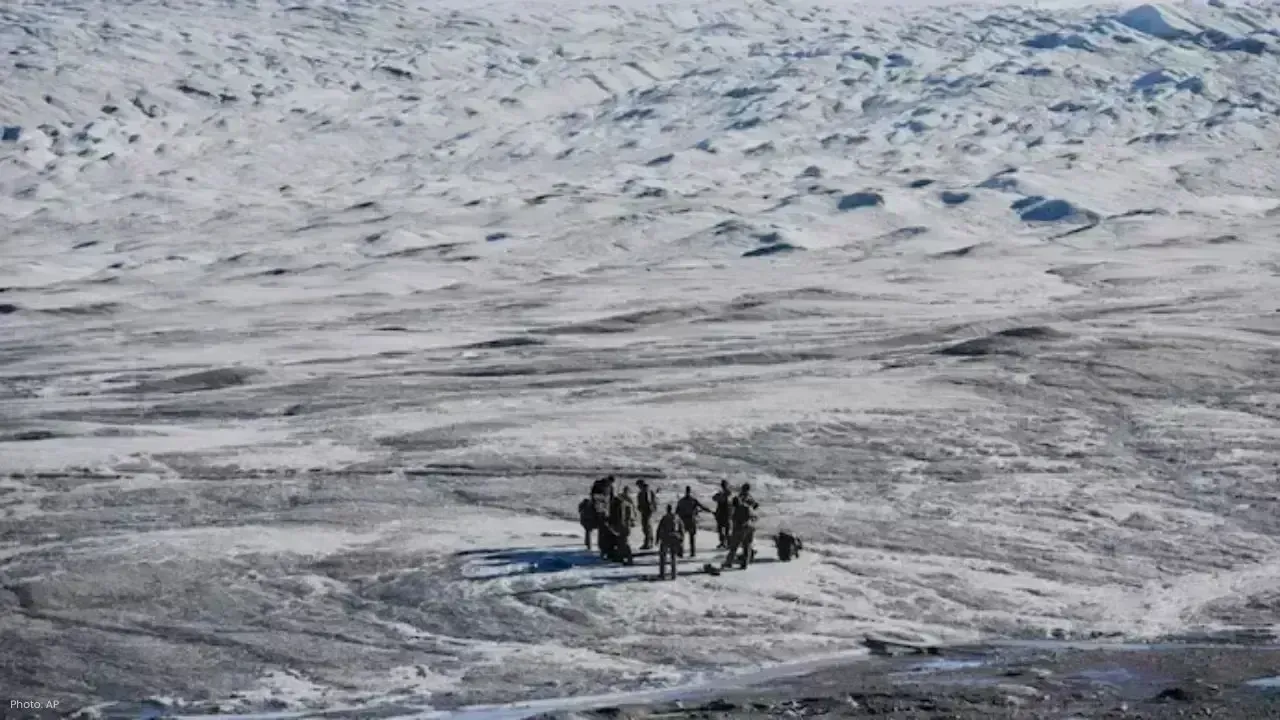You have not yet added any article to your bookmarks!

Join 10k+ people to get notified about new posts, news and tips.
Do not worry we don't spam!

Post by : Badri Ariffin
China is actively reshaping its military framework by placing artificial intelligence at the forefront of its latest weaponry advancements. Government-supported defense vendors are advancing the AI technology referred to as DeepSeek, aimed at empowering autonomous combat units with enhanced decision-making speed and battlefield awareness.
State-owned arms producer Norinco and the People’s Liberation Army (PLA) are reportedly incorporating DeepSeek across various platforms—from ground vehicles with minimal human coordination to coordinated drone swarms and sophisticated command infrastructures.
A notable illustration of this initiative was noted earlier this year when Norinco introduced the P60 military vehicle, which can perform support tasks at speeds reaching 50 km/h, all driven by the AI capabilities of DeepSeek.
Extensive patents, scholarly articles, and procurement records reveal that China is focused on several critical functionalities:
Autonomous target detection and real-time support for military leaders.
Drone coordination for multiple unmanned aerial vehicles acting in unison with minimal human supervision.
AI-enhanced image processing, integrating satellite and drone data for rapid battlefield insight.
Reduced dependence on foreign technology, as domestic producers like Huawei increase output despite some reliance on U.S.-made Nvidia chips.
Despite this impressive progress, the current status of operational readiness remains uncertain. Experts caution that patents and prototypes do not always equate to immediate battlefield application.
By refining DeepSeek-integrated weapon systems, China aspires to bridge the technological divide with other leading military forces and establish what they term “algorithmic sovereignty”—the capacity to create and implement strategic AI tools independently.
This strategic transition signals a forthcoming combat environment dominated by rapid machine operation and independent collaboration. Vehicles that venture ahead, drones that autonomously adapt, and command systems capable of processing vast sensory data promise to revolutionize modern warfare.
Nonetheless, challenges loom large. Ensuring dependable autonomous systems under genuine battlefield pressures remains difficult, with ongoing discussions about governance, accountability, and the necessity of human oversight.
Therefore, China's DeepSeek initiative represents a daring and calculated advance—one that could not only transform its military infrastructure but also influence the global dynamics of AI in warfare.










Myanmar Polls Proceed as Junta Chief Min Aung Hlaing Looms Large
Though not on the ballot, junta leader Min Aung Hlaing dominates Myanmar’s election amid civil war,

Greenland Annexation Bill Proposed to Strengthen US Arctic Control
A new US bill proposes Greenland's annexation and statehood to secure Arctic dominance and curb Chin

Canada’s PM Mark Carney Begins Key China Visit Amid Trade Tensions
Canada’s PM Mark Carney visits China to strengthen trade and security ties amid strained U.S. relati

FIFA Names Stats Perform as Exclusive Betting Data Partner for 2026 World Cup
FIFA grants Stats Perform exclusive rights to distribute official betting data and live streams for

Covid Vaccine Doubts Fade as Majority of Hesitant People Get Vaccinated
A major England study shows most people hesitant about Covid vaccines later got vaccinated, proving

Indian Idol 3 Star Prashant Tamang Passes Away in His Sleep
Beloved singer-actor Prashant Tamang dies naturally in sleep. Fans and family pay emotional tributes